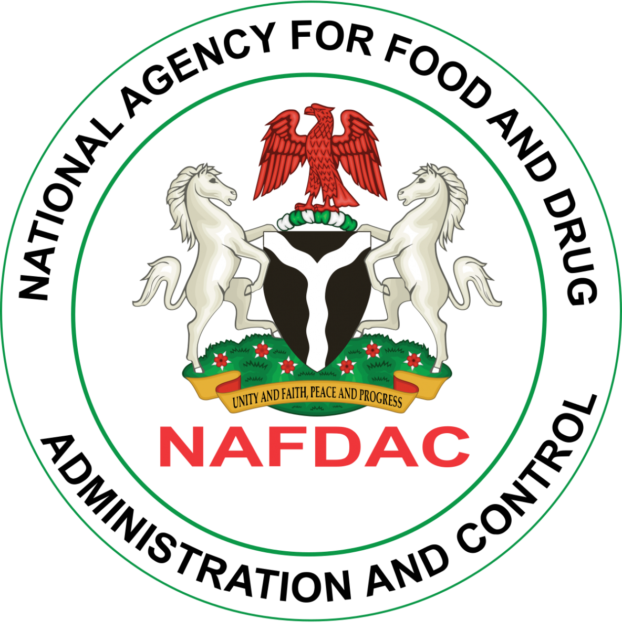The National Agency for Food and Drug Administration and Control (NAFDAC) has unveiled its strategic roadmap for 2025.
It is centered around five key pillars to enhance its regulatory oversight and ensure the safety, efficacy, and quality of regulated products in Nigeria. This announcement was made by Prof. Mojisola Adeyeye, NAFDAC’s Director-General, during a media briefing in Lagos.
Five Pillars of Strategic Focus
NAFDAC’s roadmap for 2025 aims to fortify its operations and address pressing regulatory challenges. Prof. Adeyeye elaborated on the following pillars:

1. Strong Governance and Leadership
Prof. Adeyeye underscored the critical role of governance and leadership in strengthening NAFDAC’s regulatory framework. She emphasized that robust governance ensures workforce discipline and motivation, adding that ongoing training and capacity development are priorities to equip staff with the skills necessary for effective regulation.
“We are committed to fostering strong leadership and providing our staff with the tools and knowledge to excel in their roles,” she said.
2. Maternal, Newborn, and Child Health
The agency pledged to improve health outcomes for vulnerable groups by focusing on the safety of products targeted at maternal, newborn, and child health. Specific interventions include preventing postpartum hemorrhage, reducing maternal deaths, and combating child morbidity.
Prof. Adeyeye revealed that NAFDAC is prioritizing pediatric medicine development, with particular attention to antibiotics and antimalarials.
3. Institutionalization of Best Practices
NAFDAC aims to align its operations with global standards by adopting international best practices. The agency is actively pursuing recognition as a WHO Listed Authority (WLA) and certifications such as the Pharmaceutical Inspection Cooperation Scheme (PIC/S), which will bolster the quality of its regulatory inspections.
This move will enhance Nigeria’s capacity to ensure that medical products meet the highest standards of safety, efficacy, and quality.
4. Safety and Quality of Regulated Products
Ensuring the safety and quality of all regulated products remains NAFDAC’s core mandate. Prof. Adeyeye emphasized the agency’s vigilance in monitoring markets and preventing the entry of substandard and falsified medicines into the supply chain.
“We are unwavering in our commitment to safeguarding Nigerians from unwholesome and counterfeit products,” she stated.
5. Monitoring the Supply Chain
NAFDAC plans to intensify its oversight of the supply chain to prevent the infiltration of unwholesome products. Measures include Good Distribution and Storage Practice (GDSP) inspections and enhanced tracking of maternal, newborn, child health, and nutrition (MNCH&N) products.
Staffing Challenges
Prof. Adeyeye highlighted a critical staffing shortfall as a major obstacle to the agency’s operations. She disclosed that NAFDAC’s current workforce of 2,000 is grossly inadequate for a country of Nigeria’s size and population.
“For effective regulation in a country of over 200 million people, we should have a workforce of at least 10,000,” she said. “While we are not asking for this overnight, it is imperative that we increase our staffing significantly to meet regulatory demands.”
This shortage, she explained, hampers the agency’s ability to maintain optimal oversight of regulated products across Nigeria’s vast terrain.
Commitment to Public Health
NAFDAC has reiterated its dedication to safeguarding public health through impactful governance and strategic collaboration with stakeholders. The agency is actively engaging with local and international partners to enhance regulatory measures and ensure compliance.
“Our mission is to deliver progressive, impactful governance that protects the health and well-being of Nigerians,” Prof. Adeyeye stated.
The agency’s efforts include expanding its operational capacity and leveraging technology to strengthen its regulatory framework, all while maintaining its focus on the safety and quality of regulated products.











Join our Channel...